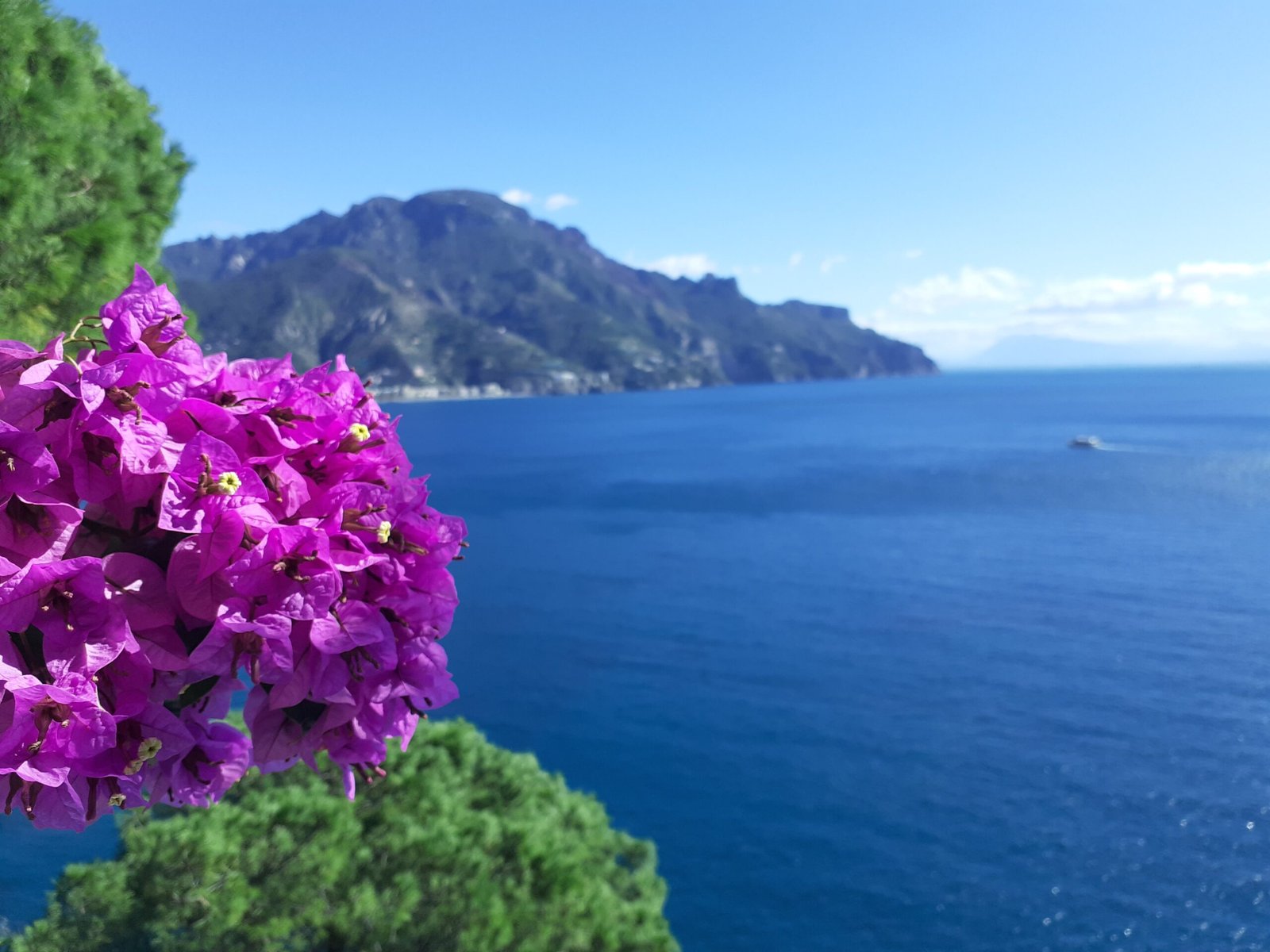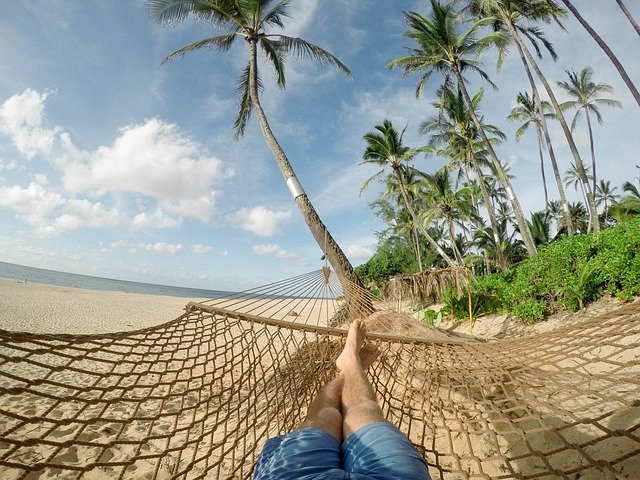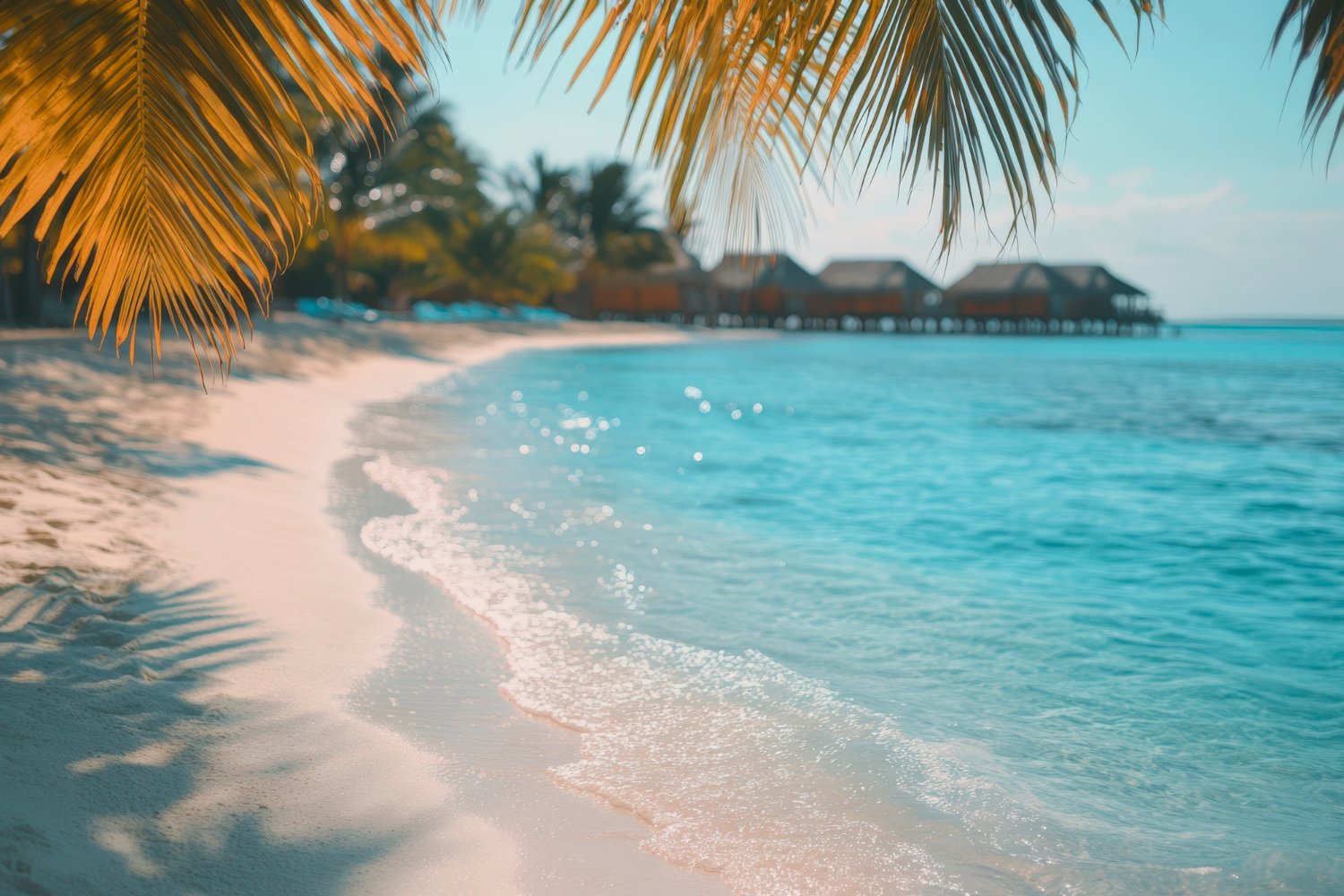India is a land of diverse cultures, traditions, and attractions. From the stunning landscapes of the Himalayas to the vibrant cities of Delhi, Agra, and Jaipur, the country offers a wealth of experiences for travellers. One of the best ways to explore India’s rich heritage is by taking the Golden Triangle Tour, which covers Delhi, Agra, and Jaipur. If you are travelling from Singapore, here is your complete guide to the Golden Triangle Tour With Taxi Service In Jodhpur.
Getting to India
The best way to reach India from Singapore is by air. Several airlines operate flights between the two countries, with most flights landing in Delhi or Mumbai. The flight time is approximately six hours. You will need a valid passport and an Indian visa to enter the country. The visa application process can be completed online, and it usually takes about three working days to process.
Delhi
Your Golden Triangle Tour will begin in Delhi, the capital of India. Delhi is a bustling city with a rich history and culture. You can start your tour by visiting the Red Fort, a UNESCO World Heritage Site that was once the residence of the Mughal emperors. From there, head to the Jama Masjid, one of the largest mosques in India. You can also visit the Qutub Minar, a towering structure that dates back to the 12th century.
Other attractions in Delhi include the India Gate, Humayun’s Tomb, and the Lotus Temple. Delhi is also famous for its street food, so make sure to try f95 zone some of the local delicacies such as chaat, chole bhature, and parathas.
Agra
After exploring Delhi, you will head to Agra, home to the iconic Taj Mahal. The Taj Mahal is one of the Seven Wonders of the World and is a must-visit attraction in India. The white marble mausoleum was built by the Mughal emperor Shah Jahan in memory of his wife Mumtaz Mahal. The intricate carvings and exquisite design of the Taj Mahal are a testament to the skill of the artisans who built it.
Other attractions in Agra include the Agra Fort, another UNESCO World Heritage Site, and the Tomb of Itimad-ud-Daulah, also known as the Baby Taj. You can also visit the local markets to shop for handicrafts, leather goods, and textiles.
Jaipur
The final stop on your Golden Triangle Tour is Jaipur, also known as the Pink City. Jaipur is famous for its colourful buildings, rich history, and vibrant culture. You can start your tour by visiting the Amber Fort, a magnificent fort built in the 16th century. From there, head to the City Palace, a complex of buildings that was once the seat of the Maharaja of Jaipur.
Other attractions in Jaipur include the Hawa Mahal, also known as the Palace of Winds, and the Jantar Mantar, an astronomical observatory. You can also visit the local markets to shop for jewellery, handicrafts, and textiles.
Conclusion
The Golden Triangle Tour is a great way to explore the rich heritage and culture of India. From the bustling streets of Delhi to the iconic Taj Mahal in Agra and the vibrant Pink City of Jaipur, this tour offers a wealth of experiences for travelers. So pack your bags, book your tickets, and get ready for an unforgettable journey through India’s Golden Triangle.
Things to know before planning a visit to India
India is a land of diverse cultures, languages, and traditions. From the snow-capped Himalayas to the sun-kissed beaches of Goa, the country offers a wealth of experiences for travellers. However, before planning a visit to India, there are a few things that you should keep in mind to ensure that your trip is safe and enjoyable With Car Hire In Jodhpur.
Visa and Passport Requirements
All foreign nationals require a valid passport and visa to enter India. You can apply for an Indian visa online, and it usually takes about three working days to process. Make sure that your passport has at least six months of validity remaining from the date of your arrival in India.
Seasons and Weather
India has three major seasons: summer, monsoon, and winter. The summer months, from April to June, can be hot and humid, with temperatures reaching up to 45 degrees Celsius in some parts of the country. The monsoon season, from July to September, brings heavy rains and can cause flooding in some areas. The winter months, from October to March, are pleasant and the best time to visit most parts of the country.
Health and Safety
India has a high incidence of infectious diseases such as malaria, dengue fever, and typhoid. Make sure that you get all necessary vaccinations before traveling to India. It is also advisable to drink bottled water and avoid eating street food to prevent foodborne illnesses. Carry a first aid kit and take out travel insurance before you leave home.
Cultural Sensitivity
India is a country with a rich and diverse cultural heritage. When traveling in India, it is important to be respectful of the local customs and traditions. Dress modestly and cover your shoulders and legs when visiting religious sites. Remove your shoes before entering a temple or mosque. Do not take photographs without permission, especially of women and children.
Transportation
India has a well-developed transportation system, but it can be chaotic and overwhelming for first-time visitors. Traffic can be heavy, and roads can be narrow and crowded. It is advisable to hire a local driver or take a taxi to navigate the city streets. You can also use the extensive network of trains and buses to travel between cities.
Language
India has 22 official languages, and English is widely spoken and understood. However, local languages and dialects are also prevalent in different regions of the country. It is advisable to carry a phrasebook or translator app to communicate with locals.
In conclusion, India is a fascinating country with a rich history and culture. By keeping these things in mind, you can plan a safe and enjoyable trip to India and create memories that will last a lifetime.




